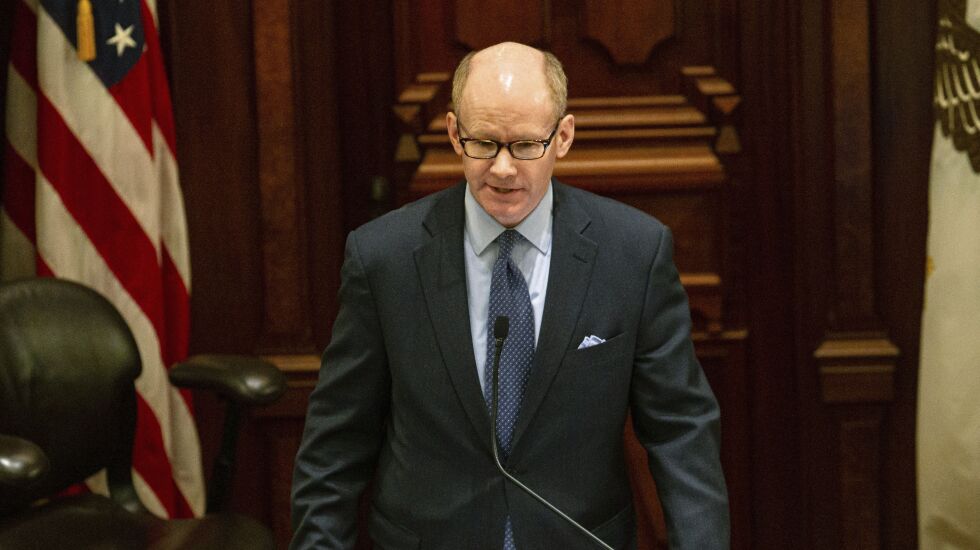
In May, the General Assembly passed a bill to ban campaign contributions from the red-light camera industry that’s been embroiled in a bribery scandal still unfolding in federal court.
The measure, described by legislators as an important reform, was approved without dissent. Among those backing the bill was Illinois Senate President Don Harmon.
Less than six weeks later, the Oak Park Democrat’s campaign accounts accepted two contributions totaling $5,000 from Redspeed Illinois, a contractor operating red-light cameras in a number of Chicago-area municipalities.
The Lombard company gave $2,500 to Friends of Don Harmon for State Senate on June 30, according to records from the Illinois State Board of Elections.
Another $2,500 was given to ISDF, whose chairman is Harmon and whose stated goal is to “elect Democrats to the Illinois State Senate,” records show.
Asked to comment, Harmon had a staffer put out a written statement saying, “In the past 20 years, every single campaign finance reform enacted into law has been an effort Senate President Harmon has sponsored, initiated or vigorously supported. He maintains the highest ethical standards and will continue to do so.”
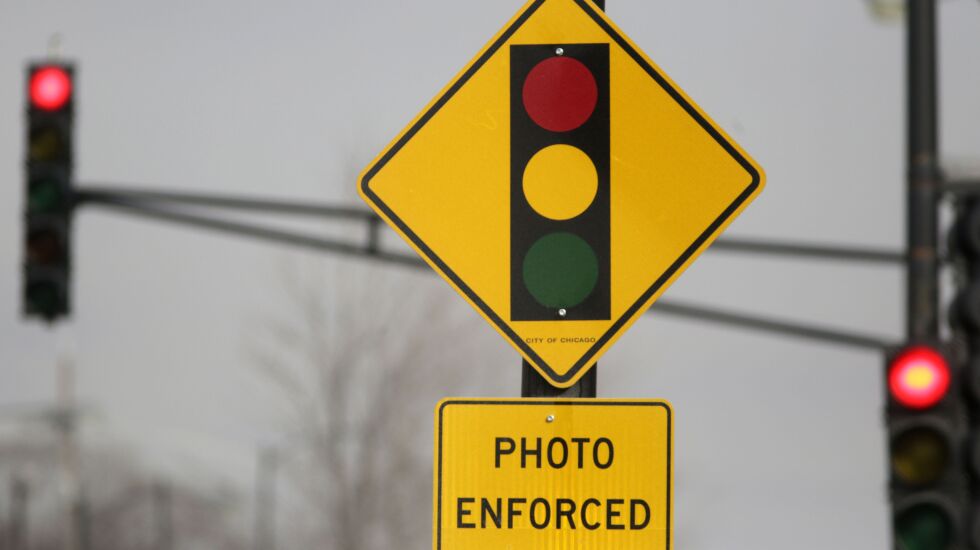
Legislators sent Gov. J.B. Pritzker the bill on June 22. He didn’t sign it into law until July 28 — which is when the prohibitions took effect.
State Rep. Jay Hoffman, D-Belleville, voted in favor of the red-light contribution ban and then accepted a $1,000 contribution from Redspeed on Sept. 11, after the prohibition was in effect, records show.
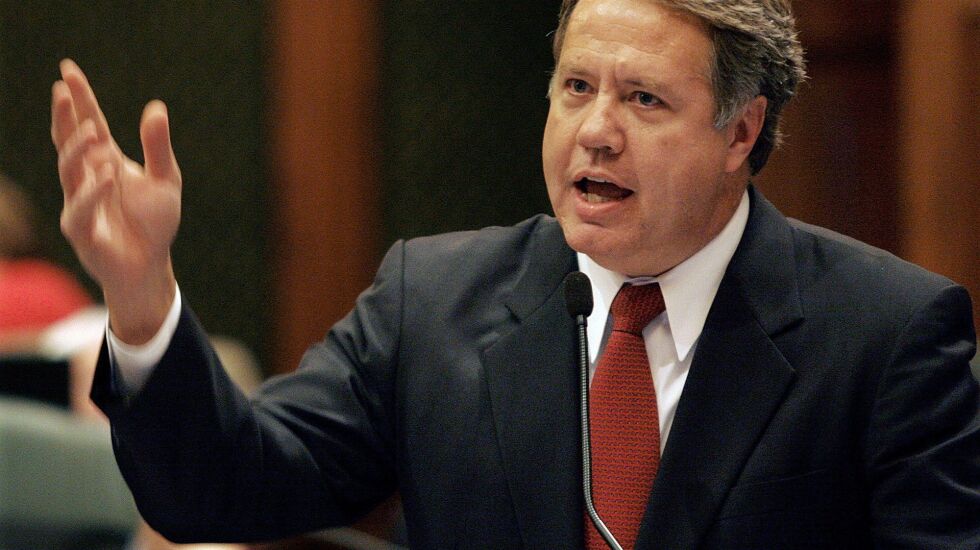
Hoffman didn’t respond to calls and emails about the contribution but subsequently amended a campaign report to remove mention of it.
Bernadette Matthews, executive director of the state elections board, says the new law doesn’t include repercussions for violators.
“The statutory language does not include a designated penalty, just a prohibition,” she says.
The new law also says former legislators, for two years after leaving the Legislature, can’t “knowingly accept employment or receive compensation or fees for services from a vendor that provides automated traffic law enforcement system equipment or services to municipalities or counties.”
A Chicago Sun-Times examination also found:
- State Rep. Bradley Stephens, R-Rosemont, who’s also Rosemont’s mayor and voted in the Illinois House in May to pass the red-light camera operator contribution ban, accepted a $2,500 contribution from Redspeed on June 30, records show. The northwest suburb has a longtime contract with Redspeed, according to a Stephens spokesman, and company official Greg Zito is a friend of Stephens.
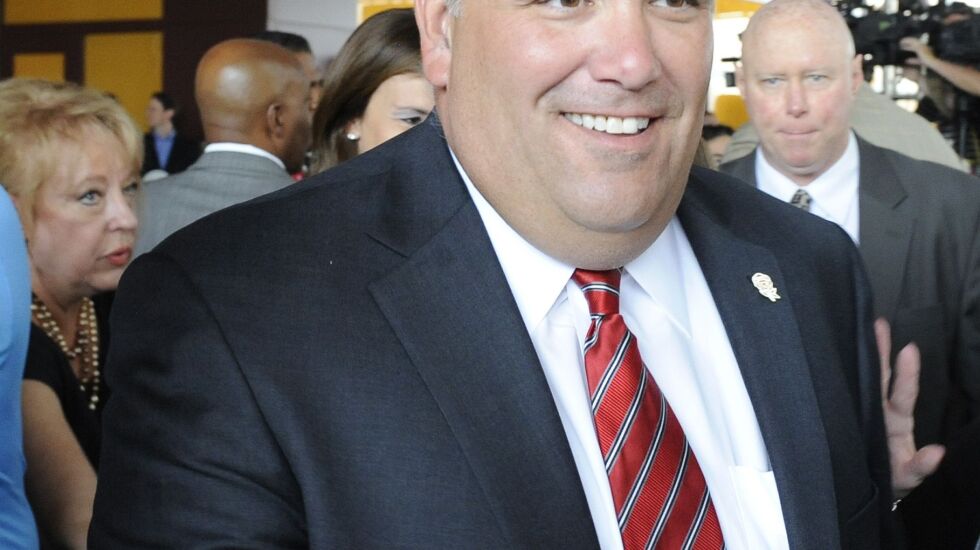
- State Rep. Anthony DeLuca, D-Chicago Heights, who voted for the bill, took a $2,000 campaign contribution from Redspeed on June 8, records show. He says he did nothing improper, asserting that the legislation “hadn’t gone into effect yet” and likening the situation to a ban on assault weapons: Until the effective date, people can still buy that type of gun legally.
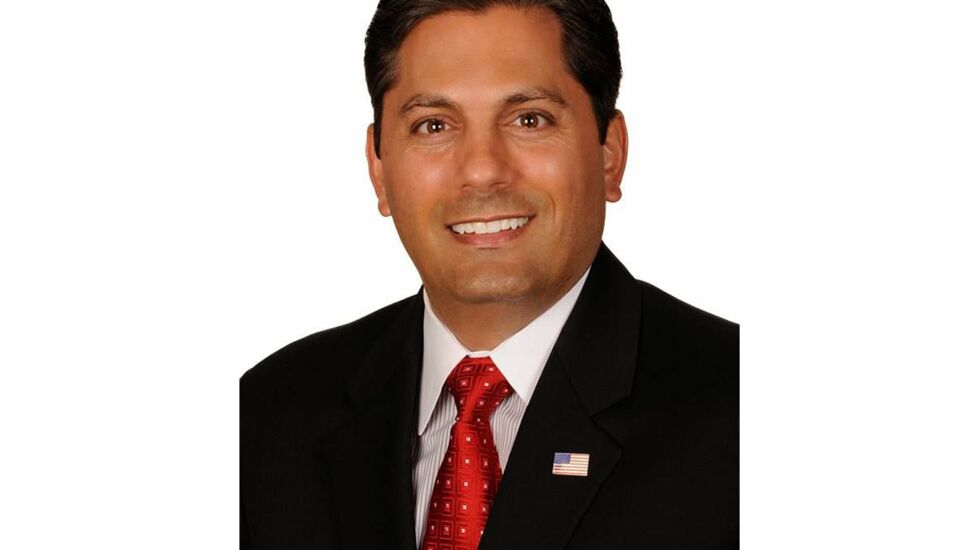
- State Sen. Karina Villa, D-West Chicago, who voted to back the bill, got a $1,000 campaign contribution from Redspeed on June 29, records show. Villa said she’d call a reporter back but didn’t.
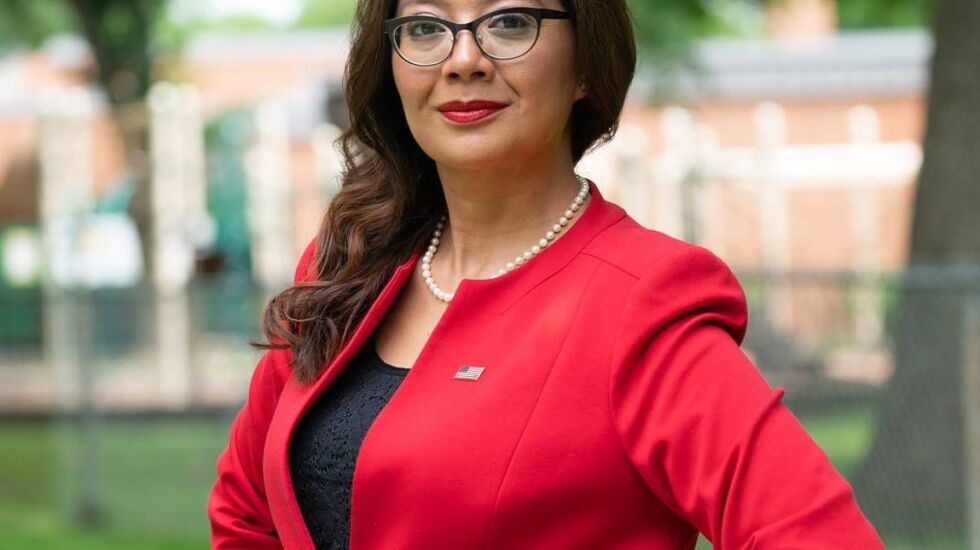
The law bars contributions by red-light companies and their executives. That covers “any candidate or public official, so both state and local officials are subject to the prohibition,” Matthews says.
State Sen. Laura Murphy, a Des Plaines Democrat who was one of the main sponsors of the legislation, didn’t return calls and emails but said in a May press release: “The public deserves to have the utmost trust in their government and their law enforcement. We need to ensure that there is accountability and honesty on all levels.”
The law does not appear to ban campaign contributions by lobbyists for the red-light camera industry.
A firm run by Maren Ronan, a lobbyist for Redspeed and other businesses, gave $1,500 on June 7 to Harmon’s ISDF, records show.
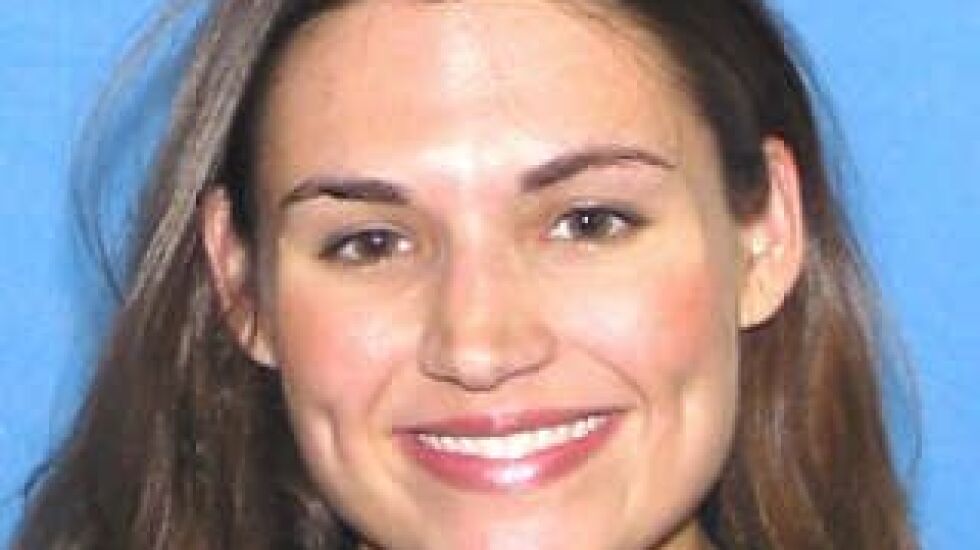
On Sept. 26, Ronan’s lobbying firm gave $1,000 to the campaign fund for Illinois House Speaker Emanuel “Chris” Welch, D-Hillside Democrat, who also supported the ban.
Her firm gave $500 to DeLuca on Aug. 13, records show.
Ronan’s late father, ex-legislator Al Ronan, had been a longtime Redspeed lobbyist. Her father’s lobbying firm pleaded guilty in 2004 in a bid-rigging scheme that involved a top aide to then-Gov. George Ryan.
“For over 10 years, I have operated my own business as a registered lobbying entity in Illinois,” Ronan says. “Similar to many other lobbying firms, my business contributes to a variety of causes and candidates of both political parties. None of my contributions had anything to do with Redspeed, and any insinuation otherwise is false.”
Redspeed officials won’t comment.
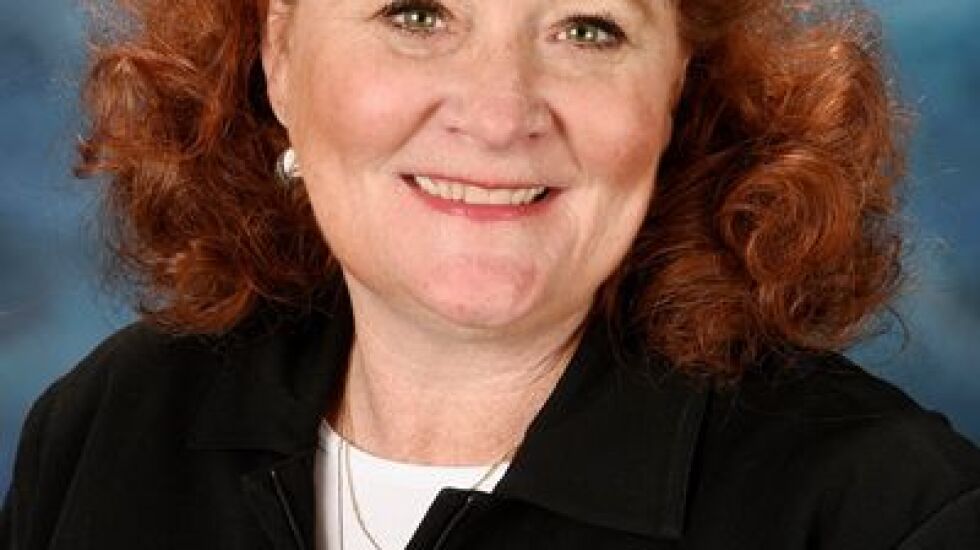
The legislation was crafted years after a red-light camera firm, Redflex Traffic Systems Inc., was caught up in a bribery scheme at Chicago’s City Hall, and amid an ongoing bribery and kickback scandal involving people affiliated with SafeSpeed LLC, another red-light camera contractor with a large footprint in the suburbs.
A former sales agent for SafeSpeed, ex-Cook County government official Patrick Doherty, pleaded guilty last year to funneling payoffs to late state Sen. Martin Sandoval so that he would oppose legislation unfavorable to the red-light camera industry — which, with the permission of local governments, installs cameras at intersections that photograph drivers who blow a red light and mails them tickets.
With municipalities splitting the take with red-light firms, the cameras have been popular with many local governments.
A former SafeSpeed partner, Omar Maani, was charged in 2020 with conspiring to bribe a public official in Oak Lawn but saw the case dropped after cooperating undercover for federal authorities.
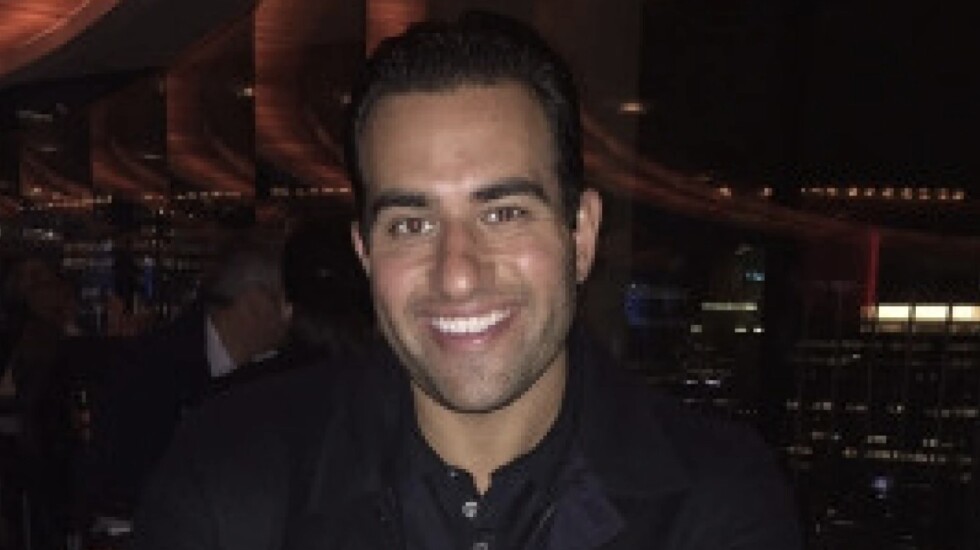
Former Crestwood Mayor Louis Presta pleaded guilty in 2021 to taking a $5,000 bribe while pledging to boost red-light camera tickets that would benefit SafeSpeed. Federal investigators have also been probing how SafeSpeed got a contract to provide red-light cameras in Alsip.
SafeSpeed stopped making political contributions amid the scandal. In 2017, it gave $1,000 to state Rep. Bob Rita, D-Blue Island, who was among the sponsors of the legislation barring red-light companies from making campaign contributions, records show.
Rita’s campaign funds have accepted $15,900 since 2008 from Redspeed, records show.
Nancy DePodesta, an attorney for Rita, says he “was asked in the waning days of the legislative session to take over sponsorship of this bill because the original sponsor had a medical emergency . . . So he was a sponsor for a day.”
“Rep. Rita has strictly adhered to the spirit and letter of the law since it was passed out of the General Assembly.”
Redspeed, SafeSpeed, their executives and affiliated firms have collectively given more than $900,000 to politicians in Illinois over the years.
Harmon’s campaign funds have accepted more than $15,000 from Redspeed over the years, records show.
Asked whether Harmon would support barring campaign contributions by red-light lobbyists and imposing penalties on violators, his spokesman says, “He will take all reforms under consideration, listen to the consensus of the Senate Democratic caucus and work constructively with the House Democrats and governor to address the concerns of the voters.”
A Pritzker spokesman said the governor “was supportive of the General Assembly’s efforts” on this legislation “and we remain open to discussing additional ethics reforms at every level of government.”
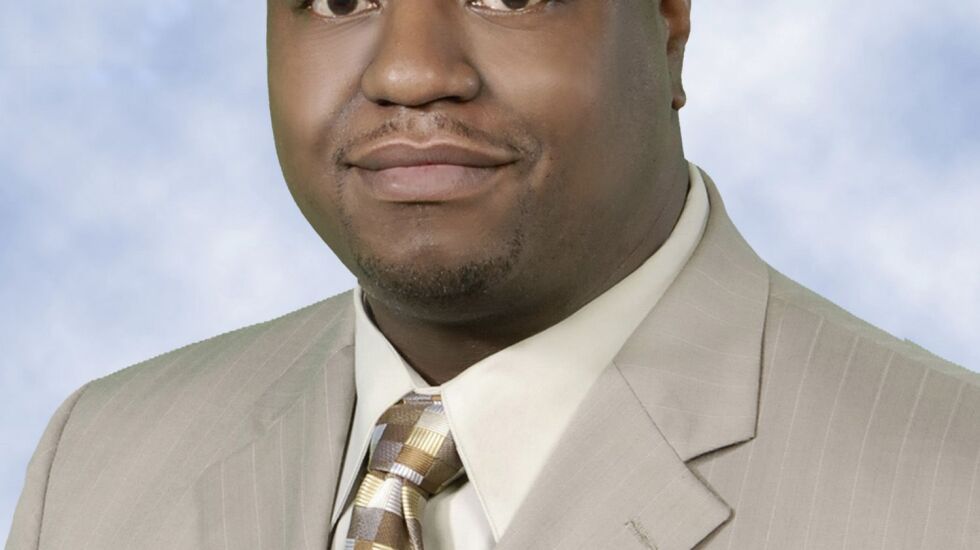
Among those voting in May to prohibit politicians from taking these types of contributions from the industry was state Sen. Emil Jones III, a South Side Democrat who’s awaiting trial on bribery charges. He’s accused of, among other things, taking $5,000 under the table from Maani.
Maani couldn’t be reached for comment.
Jones says he’s innocent and hasn’t taken money from the red-light industry. “No bribes, no donations, nothing,” he says.
He calls the legislation he voted on a “good step” but says, “It doesn’t go far enough, not for me.”







